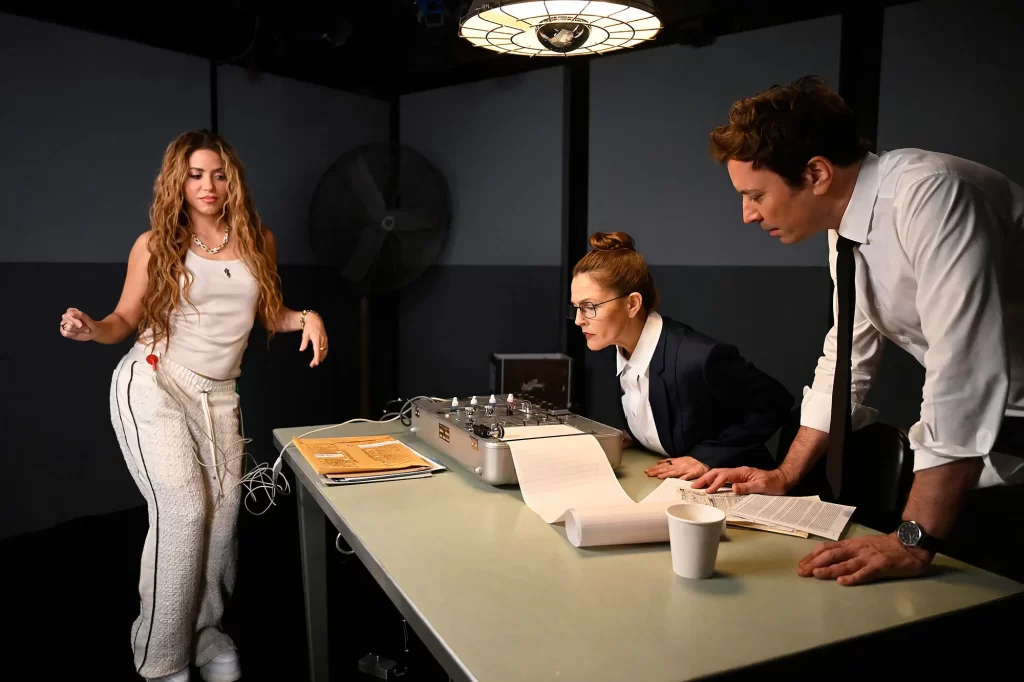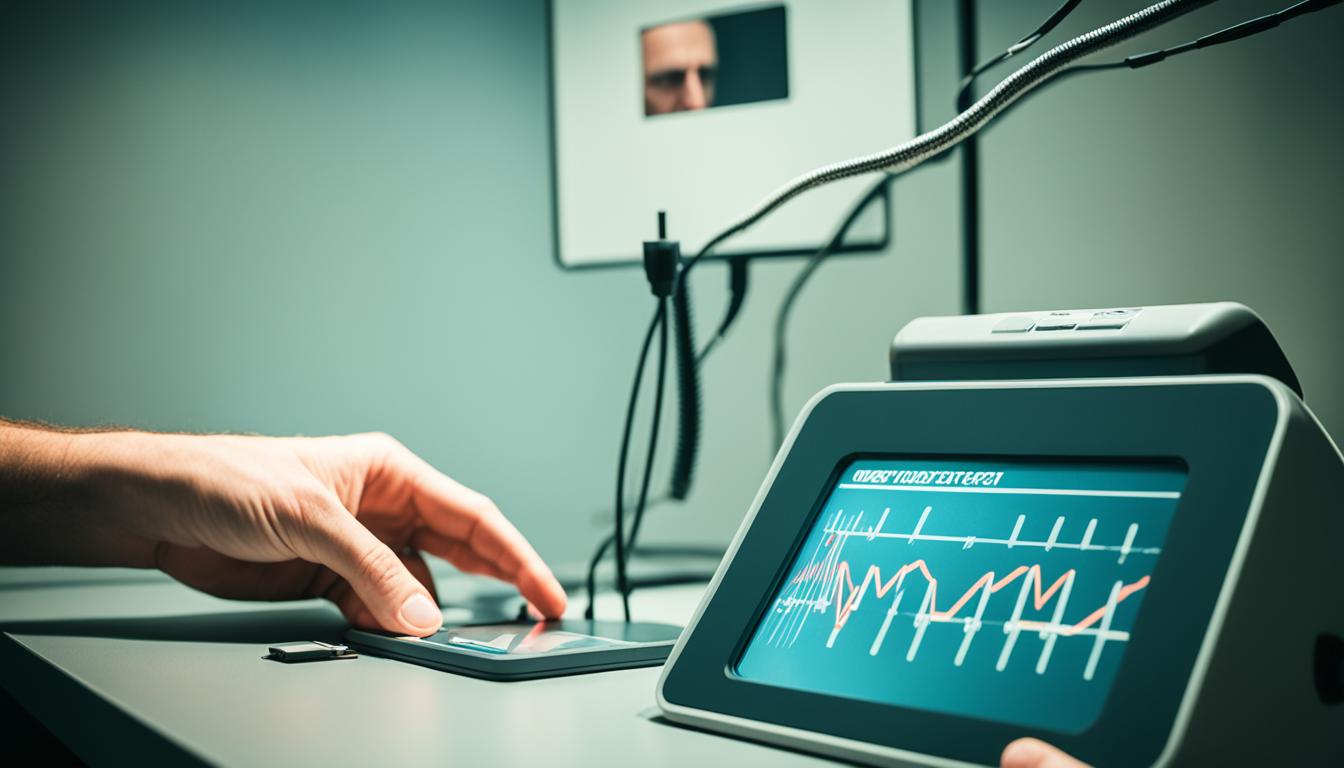Since the conventional polygraph was developed, lie detecting technology has evolved. Technological developments keep changing the field of lie detection as society depends more and more on precise evaluations of truthfulness. The present trends and developments that will probably dictate the direction of lie detecting technology are investigated in this paper. Lie Detector Test Rhode Island remains a preferred choice for discerning truth in personal and business investigations.
Including artificial intelligence
Integration of artificial intelligence (AI) is among the most important developments in lie detection technologies. More precisely and quickly than conventional approaches, AI algorithms can evaluate physiological data. Through processing enormous volumes of data, artificial intelligence can spot trends and anomalies suggesting dishonesty. By training on big datasets, machine learning models provide a more complex method of lie detection since they can increase their predicted accuracy over time. This change to AI-driven analysis looks to improve lie detection result objectivity and dependability.
Modern Biometric Systems
Furthermore, influencing the direction of lie detection are developments in biometric technology. New instruments under development evaluate sincerity using facial recognition, speech stress analysis, and even brain wave monitoring. Technologies that examine micro-expressions—subtle facial movements that expose emotions—for instance can help one understand a person’s honesty. In the same vein, voice analysis programs can identify stress levels in a person’s voice, therefore implying possible dishonesty. These creative solutions increase the spectrum of data accessible for analysis, therefore enabling a more complete assessment of honesty.

Automated Testing from Remote Locations
Especially in view of the rising frequency of remote work, the demand for remote and automated lie detection testing is developing. Technological advancements let lie detection tests be done online, hence lowering the demand for face-to-face assessments. Video analysis and biometric tracking can be included into remote testing systems to evaluate people in real time. This ease not only makes testing more possible but also increases the possible applications for lie detection technology in many sectors, from legal investigations to human resources, therefore expanding its possibilities.
Artificial intelligence, biometrics, remote testing features, and an ethical awareness will all help to drive major developments in lie detection technologies. These developments suggest to improve the accuracy, accessibility, and dependability of lie detection tests as they show themselves. Still, the sector has to negotiate the ethical and legal conundrums these innovations bring. The discipline of lie detection can develop to satisfy the increasing needs of society while preserving trust and integrity by giving responsible execution and adherence to ethical criteria top priority. People in need of lie detection solutions can rely on Lie Detector Test Rhode Island for verified and ethical service.

